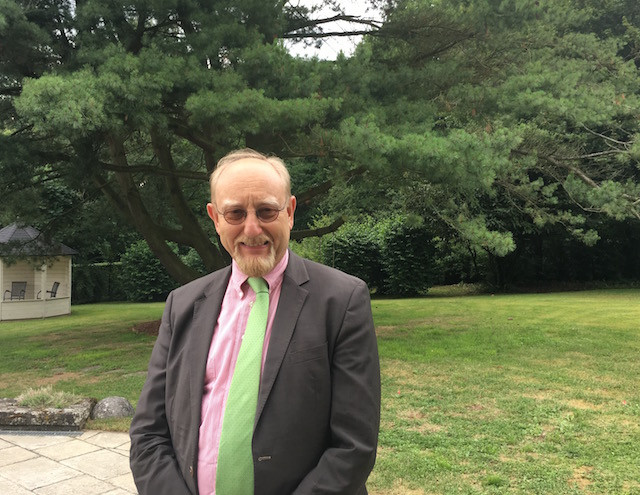Kreft stated in an interview with Delano:
“On 3 October, we have our national day, and this year will be special. In Germany, a federal state organises the big event, and this year it falls to Rhineland-Palatinate. The government had the idea not just to celebrate in Germany; we are neighbours of Luxembourg, we will celebrate in the Greater Region. The official celebration will be in Mainz in the morning of 3 October, and we will also celebrate the day of German unification at the national theatre in Luxembourg. The theme will be the Greater Region. We will have visitors from Mainz, who will have participated in the official act with the chancellor and the federal president.”
His embassy is currently also preparing the visit of the federal president Frank-Walter Steinmeier the week before the national day festivities.
The grand duke has invited all heads of state from German speaking countries on 26 and 27 September. Those from Germany, Austria, Switzerland, Liechtenstein and Belgium will attend. Kreft stated that other informal meetings are likely to take place as well.
German-Luxembourg relations
He described the relations between the federal republic and the grand duchy as “very, very close.”
The German ambassador explained how frequent the visits were:
“Every 6 to 8 weeks we have a high-ranking visit from Germany and vice versa. After the count of the second round of elections in France, prime minister [Xavier] Bettel was on the TV show ‘Anne Will’ in Berlin to explain the election results to the German people. The same evening, foreign affairs minister Jean Asselborn was in the national news bulletin ‘Tagesthemen!’”
He added:
“This goes in both directions, which is great. Last week the prime minister invited to a summit of the Greater Region in Schengen with the president of the upper house of the German parliament, Malu Dreyer, [and] the minister-presidents of Rhineland-Westphalia and of Saarland. In the evening, Bettel was the keynote speaker at the chamber of commerce in Trier, again with Malu Dreyer.”
Luxembourg has a comparative advantage because European Council meetings and council meetings of ministers take place in Luxembourg. Kreft explained on Wednesday that:
“There is a great interconnection. A lot happens independently of formal official events; we don’t need to prepare with great protocol--they meet automatically. We, as an embassy, have a different function in Luxembourg than an embassy in Spain or the USA. If they plan and receive a visit, it is a protracted process. With the exception of the chancellor and the federal president, a lot of things are more informally and less complicated here. One of the reasons is that we have three European Council meetings in Luxembourg every year, which means that most ministers come to Luxembourg anyway. They might as well meet with Luxembourg ministers or officials. My task is to convince them to add half a day to their stay in Luxembourg.”
The everyday and the EU
When asked on which points the relations between the grand duchy and the federal republic could be improved, the ambassador pointed to the many cross-border workers and how to organise everyday life.
“We have 43,000 Germans who cross the border every day to work in Luxembourg and 5,000 Luxembourg citizens who live on the German side, who work in Luxembourg. The traffic issue is naturally huge. Questions of taxation also arise. When somebody works from home, he works in Germany if he lives there. And the question is how will this be taxed? These questions will become more important if home working becomes more important. I do think this will come soon, maybe for two or three days a week. The numbers will become so important that the finance ministers of Germany, Belgium and France will say: aha, this person works in Germany!”
However, Luxembourg and Germany do not always see eye to eye on several European policy issues, such as taxation or in which areas and in what way to further European integration. Kreft nevertheless stressed the commonalities and issued a strong message:
“If you look at which countries have the most overlap in European policies with Germany, I would say it’s Luxembourg; and in second place it’s Belgium.”
